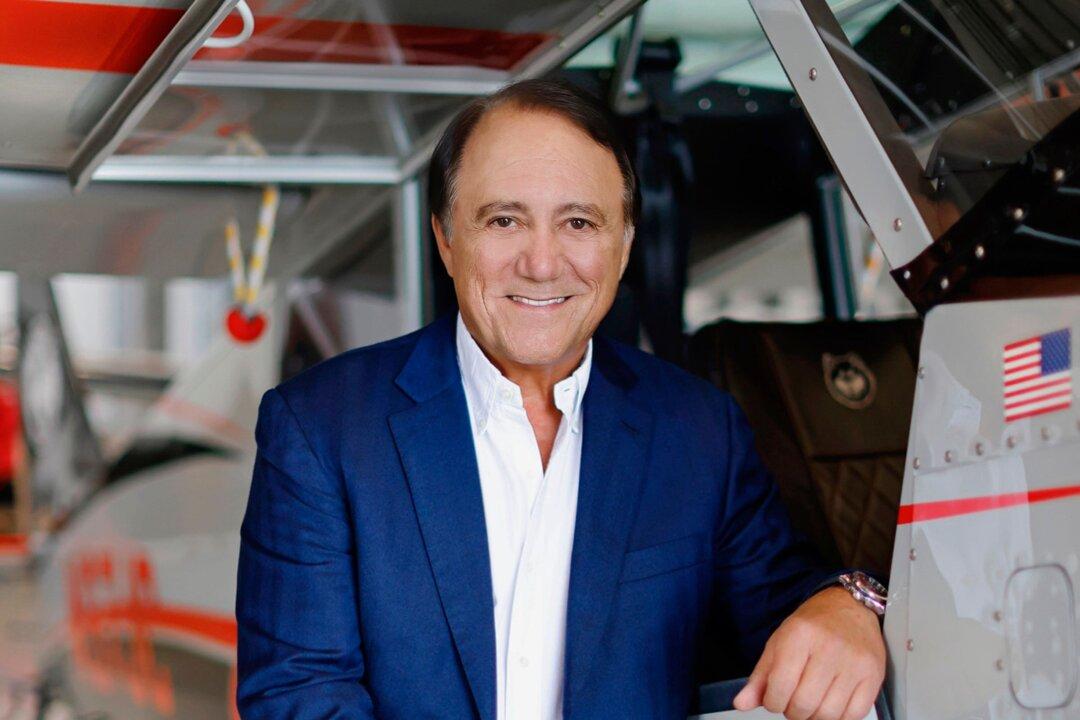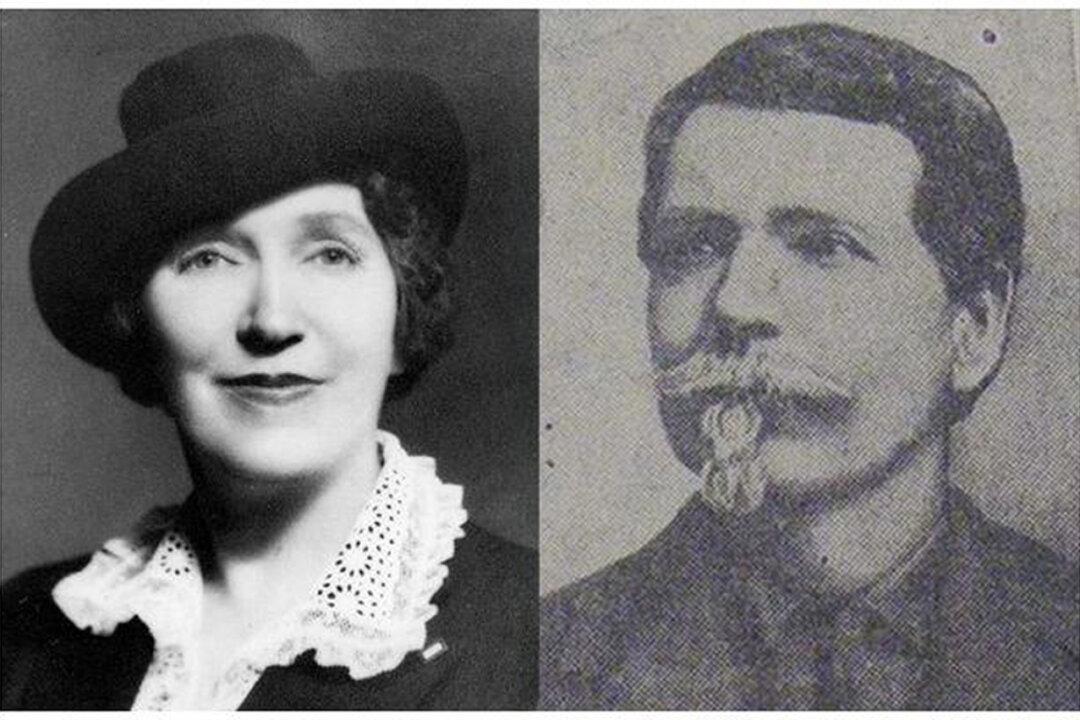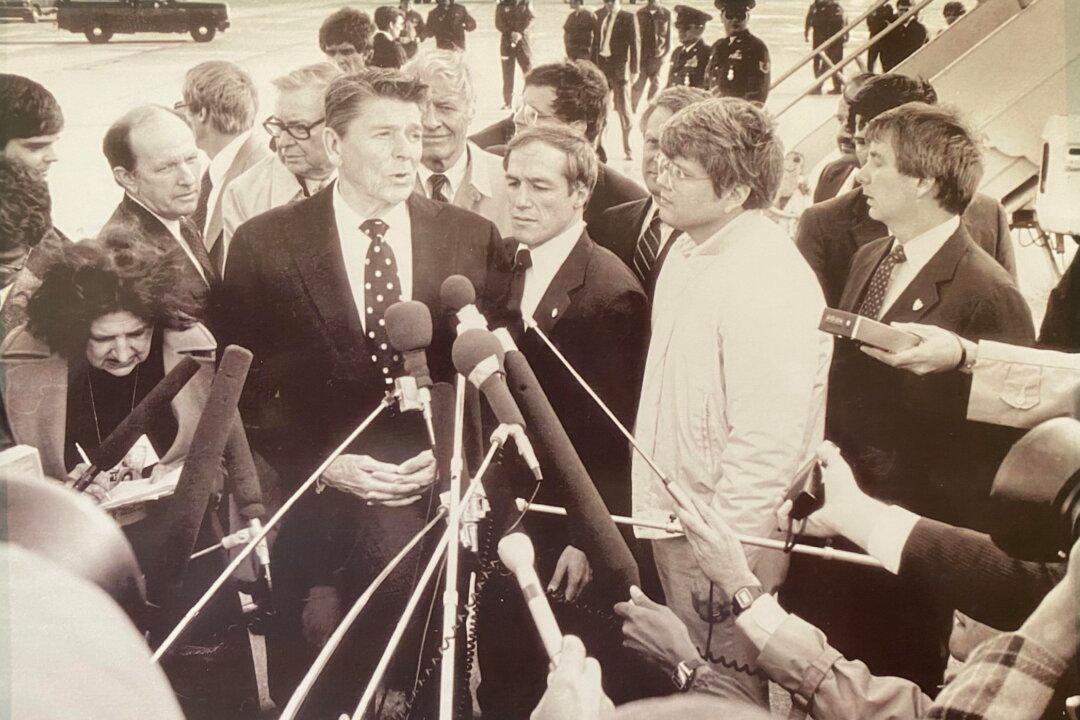It hit him like a thunderbolt.
James Keyes, the newly minted CEO of the Fortune 500 company 7-Eleven, was bounding his way across the campus of Columbia University, en route to teach a business class at his Ivy League alma mater. He was nattily dressed in a newly tailored suit, briefcase in hand, daydreaming of past walks on campus.
Then, he was utterly gobsmacked. Walking toward him was a young student, arms wrapped around too many textbooks, his T-shirt preaching the gospel: “Education Is Freedom!” in bright, bold letters.
“I had an epiphany, right then and there,” Mr. Keyes recalled. “It was everything I had believed in and relied upon to get where I was to that day.” He vigorously shook the student’s hand and told him how much he agreed with the idea behind his T-shirt message. They spent a few minutes talking about how education had changed both of their lives. Mr. Keyes told the young man that he was impressed by his passion and vision and wished him well.
“He believed every word on his shirt. Thoroughly,” Mr. Keyes said. “I did too. I just hadn’t thought about it in those terms before.” He reflected on how Columbia and other educational opportunities had impacted his own life and provided him with the freedom to succeed. Back home in Dallas, Texas, he soon rallied like-minded business leaders, government officials, and entrepreneurs, and founded the Education is Freedom (EIF) charitable foundation. The year was 2002. These leaders envisioned a world where every young person could pursue a college education and a rewarding career. EIF would provide students with the tools needed to successfully graduate from high school, attend and graduate from college, and develop their career paths.




